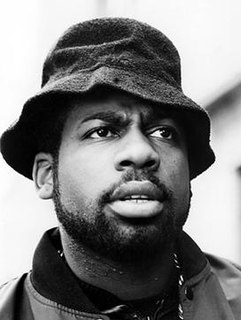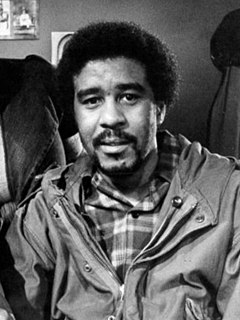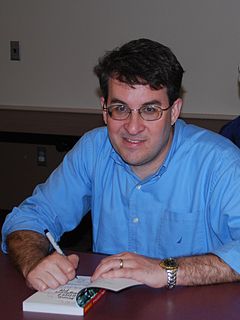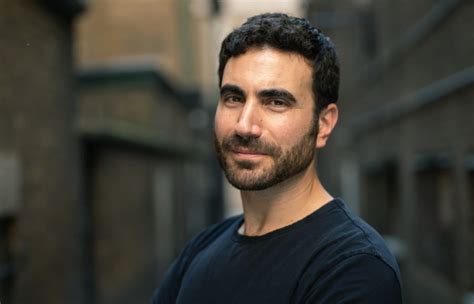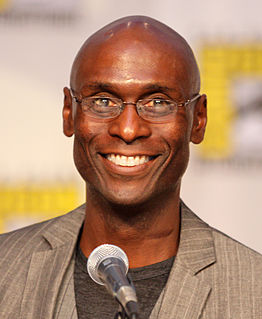A Quote by Billy Graham
If you'd have said Evangelical in 1957, most people wouldn't know what you were talking about. And then, they'd be against it.
Related Quotes
Most of them were murderers. But when I went there to talk, they were the nicest people. I did a reading. I said, "Thank you," and then they said to me, "Could you talk some more?" And I said, "Why?" and they answered, "Most of us are in solitary confinement, so the moment you finish talking, they take us back to our cells. We like hanging out here together."
Hi, Tad!' she said. 'Hi, Jeff! Hey, I'm not interrupting anything, am I?' 'Uh, no,' I said. 'We were just...I mean, Tad was...uh, nope.' 'So what were you guys talking about?' 'Well,' I said, 'it's very complicated. We were discussing...umm...hats. You know, hats. Like, the head kind.' 'There's another kind?' Lindsey asked. 'Hey, Jeff?' Tad said. 'If your mom needs any evidence to prove that you're retarded, let me know. I'd be glad to record you talking to Lindsey. I'm pretty sure that would do the trick.
It was assumed that you can't touch evangelical Christians. "Oh, they're the Republican Right. Stay away from those people. Don't even try to talk to them." Well, what's interesting is that there were evangelical Christians who were voting for Kerry. There were right-to-lifers who were voting for Kerry. And it's interesting to listen to the reasons why. To ignore that segment of the electorate is moronic. Particularly if you don't know who those people are, or what their concerns are.
Couture has a lot of issues today. Here in Paris there are oddly so few houses showing. And I'm not talking about the style. I'm talking about the sense of couture and these young actresses that you were talking about - they want long dresses that are not always the most innovative or the most interesting. So it's a bit lost.
Will Bridges, who is the co-creator with me, when we were working on 'SuperBob,' we were just talking about how we like to write about relationships. And we were talking about what love is. We were in very different stages; he was married and was about to have his first child, and I was kind of dating the wrong people.
She [Hillary Clinton] knows the people well. I think there is - you know, also talking about breaking down barriers and talking about that, whether we`re talking about that in economic terms. I mean, she`s the only person who has been out there talking about white privilege and talking about sort of the intersectionality of some of these issues.
I would say the 1980s, most importantly, there's been a witnessing of the bankruptcy of the liberal philosophy and the anti-moral and amoral philosophies that were so prevalent in the 1960s and '70s, the rebellion of young people, which brought about the drug epidemic in so many to break down the family. Particularly during this decade, the spiritual rebirth. I'm an evangelical, and I've watched the evangelical church here and around the world preaching Christ, the death, burial, resurrection of the savior, receiving more receptivity everywhere, and that growth.
First I went to a Jewish school, when I was very little. But when I was 12, they put me in a school with a lot of traditions, and they were educated people and they were talking about Greece and the Parthenon and I don't know what. All the kids, all the girls they had already seen that and knew that from their family, and I would say, "What are you talking about, what's that?" It's not my world. My grandparents were very well-educated people, but in the Jewish tradition. They knew everything about the Bible.
That's what David Caruso said to me. We were talking about the whole Emmy thing, and he said that one of the things about awards in this town is that a lot is about the drama - like the drama of the performance. And he said "Your show, The Wire, looks so real, it almost looks like a documentary. And people who aren't artists - a lot of people who vote for this stuff - don't get it."
...when I came back, I found Mom sobbing at the kitchen table...Then I asked her what had happened. 'Nothing,'she said. 'I was thinking about that man...I started thinking about...if he and his wife and their other child are okay, and I don't know. It just got to me.' 'I know,' I said, because I did know. Sometimes it's safer to cry about people you don't know than to think about people you really love.

